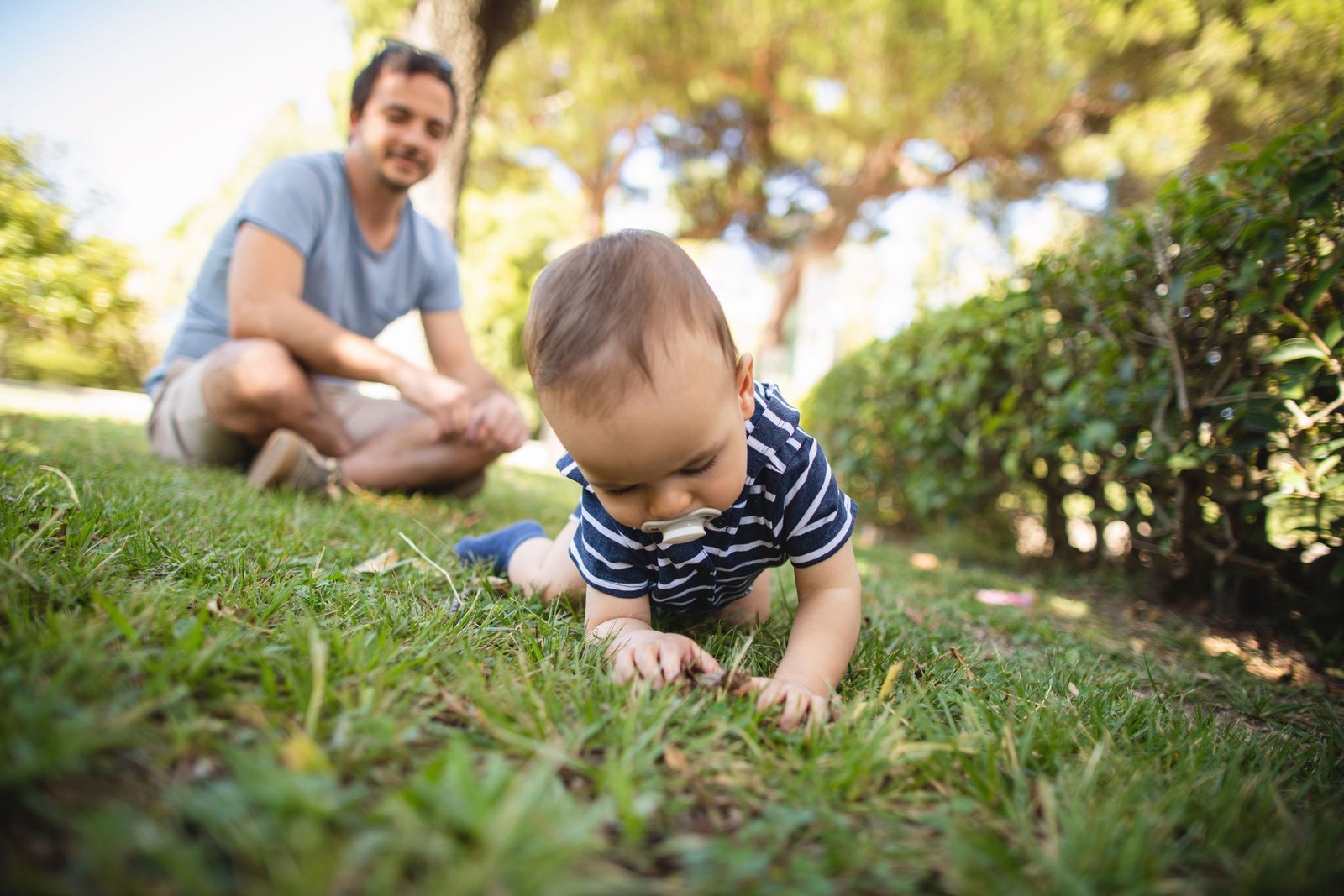Supporting Natural Growth: Nurturing Independence and Individuality

In the journey of parenting, fostering a child’s natural growth involves more than meeting physical milestones; it encompasses creating an environment that allows for the flourishing of their individuality and independence. Here’s a closer look at the key aspects of supporting your child’s natural growth:
Responsive Parenting:
The essence of supporting natural growth lies in responsive parenting. Instead of adhering rigidly to predetermined schedules or benchmarks, parents are encouraged to attune themselves to their child’s unique signals and needs. This responsive approach creates a secure foundation for the child to explore the world at their own pace.
Embracing Uniqueness:
Every child is a unique individual with their own temperament, preferences, and developmental timeline. Embracing and celebrating these differences is central to supporting natural growth. Rather than comparing a child’s progress to external benchmarks, parents are advised to appreciate and nurture the distinctive qualities that make their child who they are.
Allowing Autonomy in Decision-Making:
As children grow, providing opportunities for them to make age-appropriate decisions fosters a sense of autonomy. Whether it’s choosing between toys, selecting clothes, or deciding on activities, these decisions contribute to the development of independence and self-confidence.
Encouraging Natural Curiosity:
Children are inherently curious beings, driven by a natural inclination to explore the world around them. Supporting natural growth involves fostering and encouraging this curiosity. Providing a safe and stimulating environment where a child can explore, ask questions, and discover fosters a love for learning.
Balancing Structure and Freedom:
While routine and structure are important for a child’s sense of security, too much rigidity can stifle natural growth. Striking a balance between providing a structured routine and allowing freedom for spontaneous exploration allows a child to develop resilience and adaptability.
Patience and Trust:
Supporting natural growth requires a significant dose of patience and trust. Patience to allow a child to develop skills and reach milestones in their own time, and trust that, given the right environment, children have an innate ability to navigate their developmental journey.
Celebrating Small Achievements:
Rather than fixating on major milestones, celebrating the small achievements along the way is a key aspect of supporting natural growth. Acknowledging and praising a child’s efforts, whether it’s taking their first step or expressing themselves verbally, creates a positive environment that encourages continued exploration.
In essence, supporting natural growth involves creating an environment where a child feels secure, valued, and free to explore their unique path of development. By embracing their individuality, encouraging curiosity, and providing a responsive and nurturing environment, parents become facilitators of a child’s natural growth, setting the stage for a confident and independent future.








